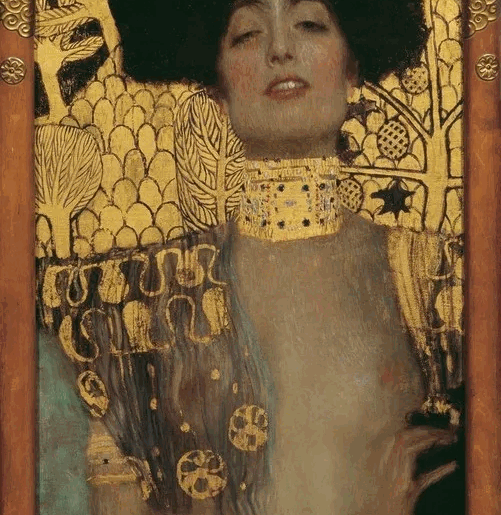Art Censorship on Social Media
Naked bodies are a subject of historic relevance in the history of art. However, artistic nudes are often banned by content moderation algorithms used on social media. The censorship of nudity has a negative impact on the creative freedom of artists, and on the cultural diffusion of artistic content.

Through our research, we aim to investigate the extent, impact and characteristics of algorithmic moderation on social media. In particular, we want to assess the existence of algorithmic biases that negatively impact the visibility of artists through automatic censorship or shadow-banning.
Help us!
For reaching our goal, we need to create a large collection of censored and shadow-banned artworks on social media.
If you work in art and you have experienced censorship or shadow-banning on social media, we invite you to contribute to our project by filling out our online survey!
Together we can foster a more art-friendly environment on social media!
Please note that the aim of this collection is limited to research purposes. This project was evaluated and approved by the ethical committee of the University of Alicante.
Frequently Asked Questions
Shadow banning (also called stealth banning) is the practice of muting, hiding or blocking a user or their content (mostly on social media) without it being obvious that their content is being blocked. The goal is to discourage users from attempting to circumvent or react to the ban. It is a controversial practice since it does not require companies to explain or justify their decisions, and makes it difficult for users to understand if their content is being blocked or just merely uninteresting to other users. Ironically, this page itself is currently shadow-banned on Facebook (try posting a link on Facebook).
Due to the vast amounts of user content posted in social media platforms, companies such as Facebook, Google, Snapchat, and TikTok use artificial intelligence to make almost all censorship decisions about which content will be promoted, hidden, removed or result in users being banned entirely from their platform. This means that content superficially similar to prohibited content can be banned without considering context or artistic merit. In addition, these rules are not applied in the same way to all users, and there have been cases of “VIP” users being shielded from these kinds of automatic decisions at the discretion of social media companies.
Facebook has blocked paintings by Rubens, Courbert’s Origin of the World, and ancient Roman statues among many others.
Our scientific publications
2024
Milan, IT
Milan, IT